
Laura Sanders reports on neuroscience for Science News. She wrote Growth Curve, a blog about the science of raising kids, from 2013 to 2019 and continues to write about child development and parenting from time to time. She earned her Ph.D. in molecular biology from the University of Southern California in Los Angeles, where she studied the nerve cells that compel a fruit fly to perform a dazzling mating dance. Convinced that she was missing some exciting science somewhere, Laura turned her eye toward writing about brains in all shapes and forms. She holds undergraduate degrees in creative writing and biology from Vanderbilt University in Nashville, where she was a National Merit Scholar. Growth Curve, her 2012 series on consciousness and her 2013 article on the dearth of psychiatric drugs have received awards recognizing editorial excellence.

All Stories by Laura Sanders
-
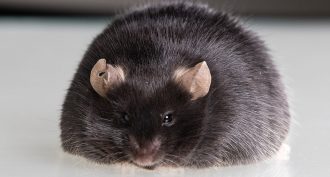 Brain
BrainHigh fat diet removes brain’s natural brake on overeating
At least in mice, high-fat diets promote overeating. And the problem appears to trace to changes that these foods make to cells in an appetite-control center within the brain.
-
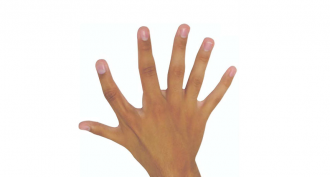 Health & Medicine
Health & MedicineA sixth finger can prove extra handy
Two people born with six fingers on each hand adeptly control their extra digits, using them to do tasks better than five-fingered hands.
-
 Science & Society
Science & SocietyThe U.S. prison system can harm young brains, scientist warns
The U.S. justice system holds teens to adult standards. And that can harm a teen’s developing brain, one researcher now argues.
-
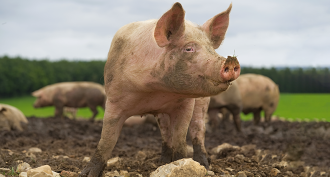 Life
LifeIn a first, scientists keep cells alive in the brains of dead pigs
They’re not true zombies — but these pig brains showed signs of cellular life long after the animals had died.
-
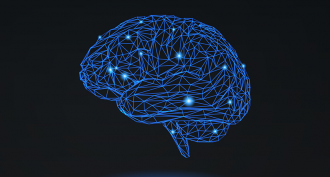 Brain
BrainMarijuana use may affect decision-making areas in teen brains
Marijuana use during adolescence may damage decision-making areas of the brain, according to a new study in rats.
-
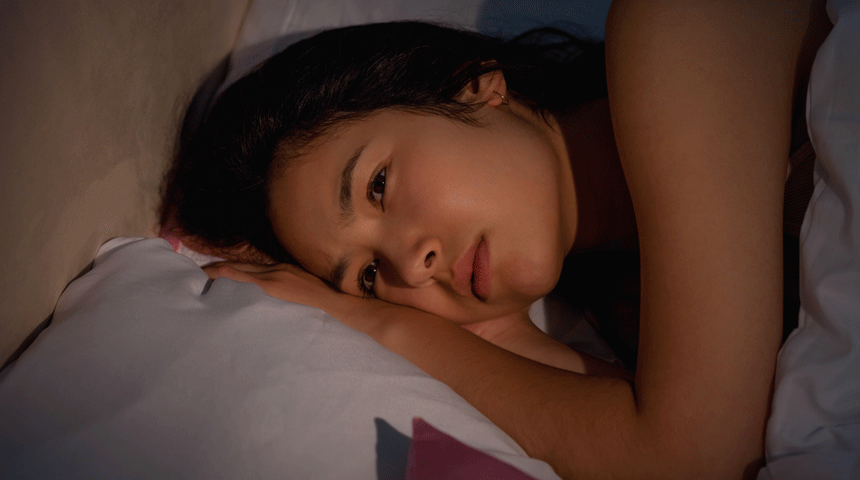 Health & Medicine
Health & MedicineSleepless nights can leave brains feeling anxious
Pulling an all-nighter boosts anxiety levels — and changes brain activity — the next morning, a new study finds.
-
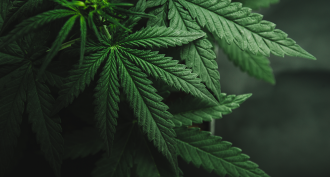 Brain
BrainYoung people’s memory improves after stopping marijuana use
Paying teens and young adults to stop using marijuana improved their memory within one week. The results hint that some impairments from pot may be reversible — at least for a time.
-
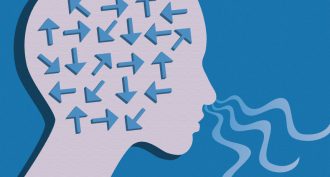 Brain
BrainPeople may be literally led by their noses
The brain links people’s senses of nagivation and smell, according to a new study.
-
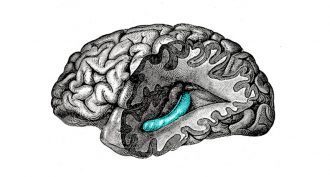 Brain
BrainHow your brain is like a film editor
A brain structure called the hippocampus may slice our ongoing lives into distinct chunks so that they can then be stored as memories.
-
 Brain
BrainLess screentime linked to better memory, learning in kids
Kids ages eight to 11 spend an average of 3.6 hours a day on screens, a new study shows. But the best thinking scores come from kids who average fewer than two hours a day of screen time.
-
 Brain
BrainFootball and hockey don’t necessarily doom players’ brains to serious damage
A broad look at the brains and behavior of retired pro football players and hockey players finds no signs of early dementia.
-
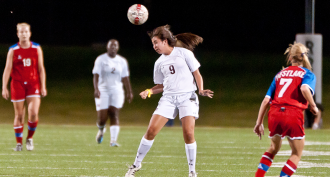 Brain
BrainSoccer headers may hurt women’s brains more than men’s
Women sustain more brain damage from heading soccer balls than men, a new imaging study indicates.